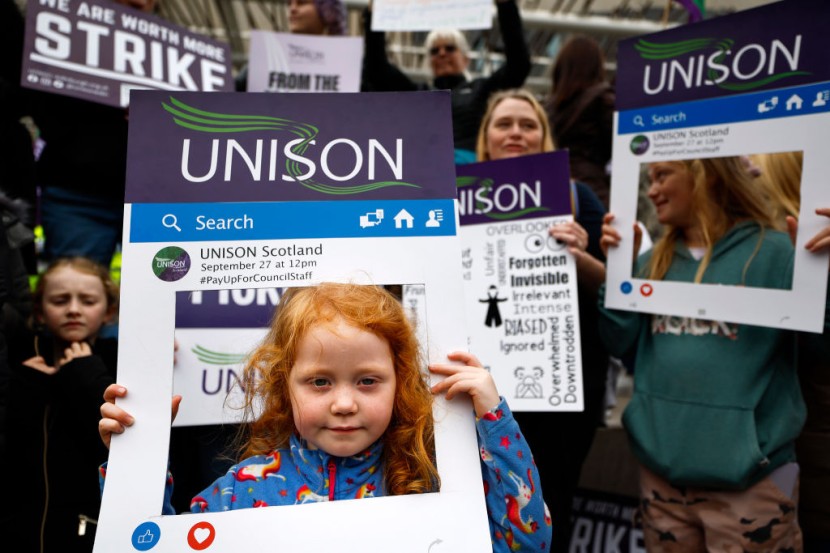
The UK's COVID-19 inquiry heard children's rights activists arguing that children's voices were disproportionately affected by pandemic policies.
Jennifer Twite, a barrister representing Save the Children UK, Just for Kids Law, and the Children's Rights Alliance, told the inquiry their voices were not listened to, and no one was made responsible by the government for ensuring their legal rights were met.
Children's Rights Lawyer: Kids' Needs Were Neglected
Twite told the inquiry that questions about how lockdown policies affected young people were not even asked, The Guardian reported.
"We fear that the answer does not simply lie in the erratic decision-making and the failures of [former British Prime Minister Boris] Johnson or the structure of Brexit," she said. "Although we accept those are unlikely to have helped."
Instead of being assisted, young people fell through the systemic cracks.
"Whose role was it to consider the interests of children and make sure their needs were not forgotten in a crisis?" Twike asked.
Twite: UK Government Lacks Foresight in Addressing Children's Needs
The lawyer additionally argued that the British government interpreted the prioritization of venues as pubs, restaurants, and sports clubs and omitted schools, nurseries, and other places for children's activities.
The 1:1 rule, where adults were allowed to meet a friend outside, meant that younger children who needed supervision were not able to do the same, Twite added, arguing that such measures run against the rights of children enshrined in the United Nations (UN) Convention on the Rights of the Child.
Twite added that the charity Playing Out wrote to relevant Westminster officials about their concerns about the rules for children playing outdoors but did not receive a satisfactory response.
The inquiry said it would embark on a targeted research project to hear from young people.
However, Twite said the government must appoint a cabinet minister for children with cross-departmental responsibility for implementing a child rights action plan. She also called the government to classify schools and early years settings as essential infrastructure for future health emergencies.
"Childhood is sacrosanct, and lost childhood cannot be given back," she added.








